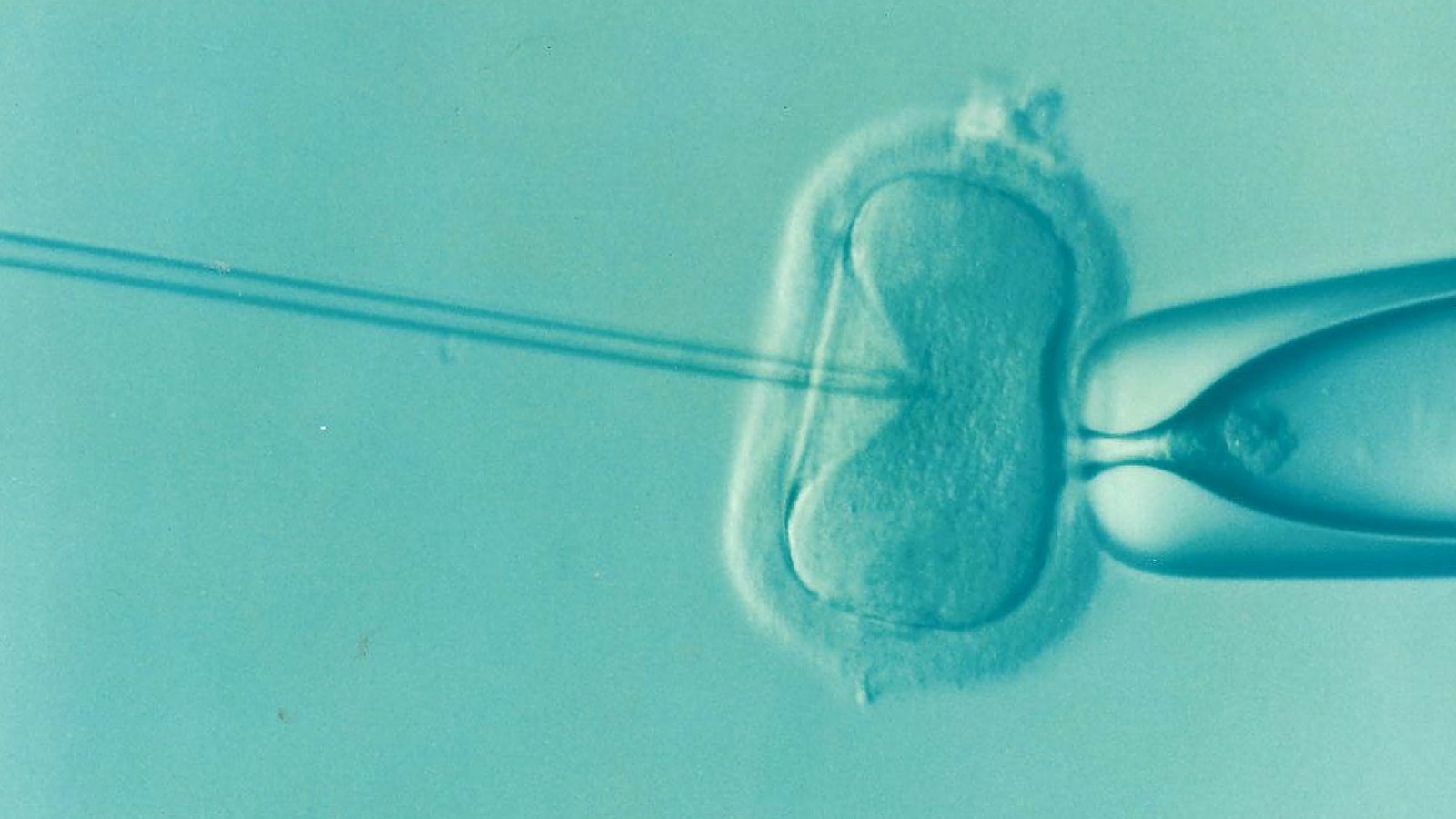In vitro fertilization (IVF) is known to have a success rate of just 30 percent per cycle. Tel Aviv-based Fairtility, which uses artificial intelligence (AI) to improve that number, has been found to outperform human assessment of embryo quality as well as the existing FDA-approved system of embryo classification and selection.
In addition, Fairtility’s AI algorithm provides accurate and transparent prediction as early as 30 hours post-fertilization.
The findings of the comprehensive study were published in Scientific Reports, a Nature Portfolio journal.
Fairtility’s CHLOE (Cultivating Human Life through Optimal Embryos) is the first and only transparent AI-based decision support tool that provides clinicians with complete visibility into the clinical and laboratory parameters that make up data output to help improve IVF outcomes. Its first product is CHLOE EQ, a proprietary embryo grading platform.
“Prospective parents experience incredible emotional and physical strains, not to mention a tremendous financial burden throughout the IVF process,” said co-author Dr. Assaf Ben Meir, IVF director and fertility specialist at Jerusalem’s Hadassah Medical Center and chief medical officer of Fairtility.
Ben-Meir said current methods of embryo selection are “essentially an educated shot in the dark. It is incumbent on the fertility community to find better solutions to support patients through the fertility journey, and to help increase their chances of becoming parents.”
The study’s other co-authors are from Kaplan Medical Center in Rehovot, Soroka University Medical Center and Ben-Gurion University in Beersheva, Tel Aviv University and New York University Langone Prelude Fertility Center.
Fighting for Israel's truth
We cover what makes life in Israel so special — it's people. A non-profit organization, ISRAEL21c's team of journalists are committed to telling stories that humanize Israelis and show their positive impact on our world. You can bring these stories to life by making a donation of $6/month.









